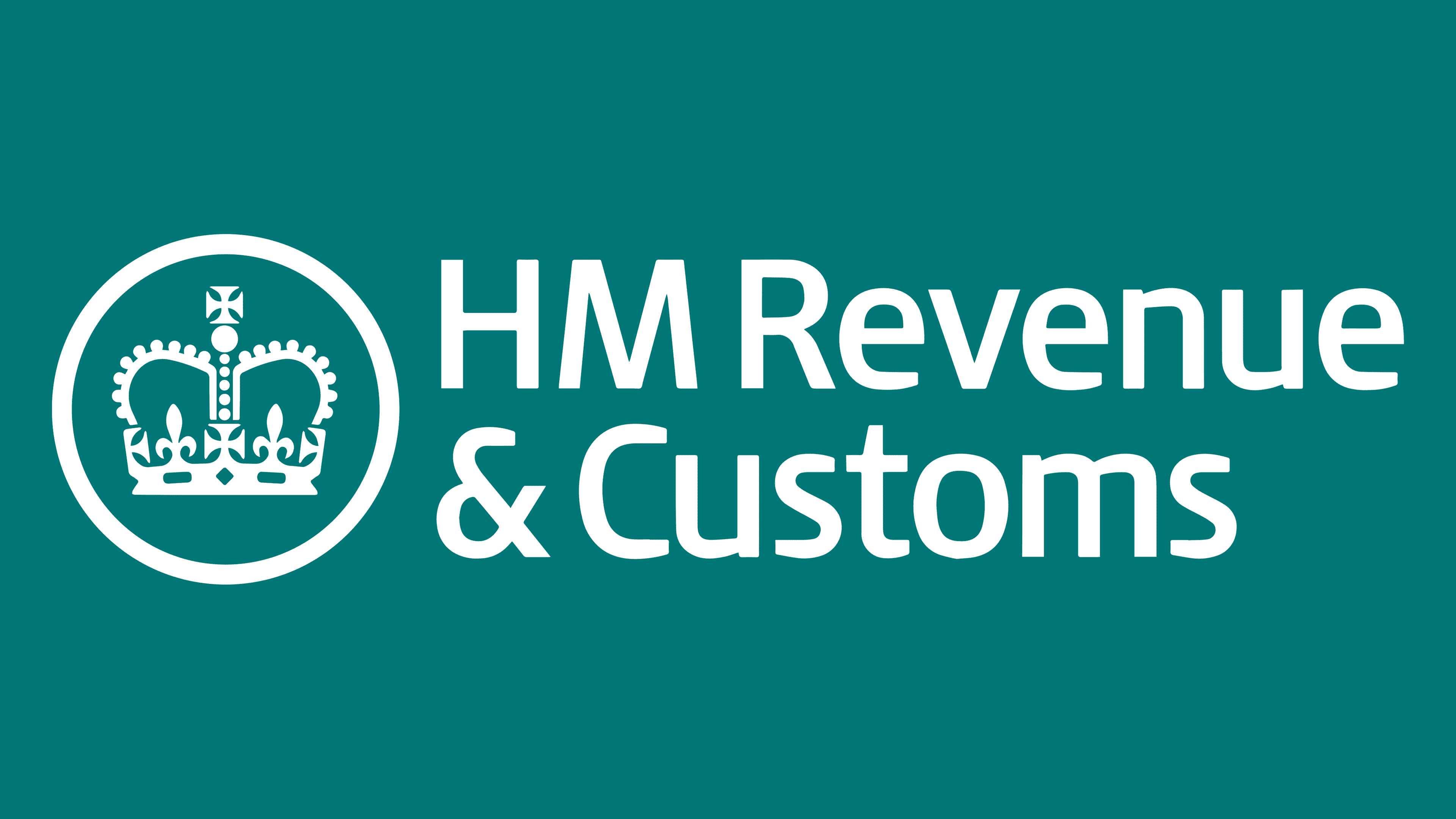HM Revenue and Customs, commonly known as HMRC, is a vital department of the UK government. This department handles everything related to taxes, customs duties, and national insurance contributions. It was formed in 2005 after the merging of the Inland Revenue and the Board of Customs and Excise. HMRC is essential in making sure that the UK authorities obtain the funds they need to deliver public services while also supporting individuals and families through a variety of financial benefits.
Main Responsibilities of HMRC
HMRC is responsible for a wide variety of tasks connected to taxation and financial oversight. Here are some of the core responsibilities that HMRC manages:
Collecting Taxes
One of the fundamental roles for HMRC is gathering different types of taxes, which can be divided into several categories:
- Direct Taxes: These include taxes like Income Tax, Corporation Tax, Capital Gains Tax, and Inheritance Tax.
- Indirect Taxes: These consist of various duties, such as Value Added Tax (VAT), excise taxes, and Stamp Duty Land Tax (SDLT).
- Environmental Taxes: This includes taxes such as Air Passenger Duty and the Climate Change Levy.
- National Insurance Contributions: HMRC oversees the National Insurance system, which is essential for funding various state benefits.
- Child Benefit and Tax Credits: HMRC also looks after the disbursement of payments related to Child Benefit and other tax credits that support families.
Regulating Customs
Another important role of HMRC is enforcing customs laws. This part is focused on ensuring that international trade is conducted correctly while addressing issues like smuggling and fraudulent activities.
Enforcement and Investigation
As part of their law enforcement duties, HMRC investigates financial crimes such as tax fraud, excise fraud, and money laundering.
HMRC’s Structure
To effectively carry out its roles, HMRC is organized into different divisions each specializing in a certain responsibility:
- Personal Tax Division: This division deals with the tax affairs of individual taxpayers.
- Corporate or Business Tax Division: This area oversees the taxation responsible for corporations.
- Benefits and Credits Payment Division: This division is dedicated to managing payments for child benefits and tax credits.
- Reporting and Compliance Enforcement Division: Focused on making sure all tax laws are obeyed and taking action against those who don’t comply.
Each division is led by a director-general who ensures that the mission and goals of HMRC are met.
Financial Contributions
In recent years, HMRC has reported impressive revenue from tax collections, which helps support public services. For example, in the fiscal year 2018-19, HMRC managed to collect an astonishing £627.9 billion. A significant amount of this revenue stems from sources like income tax, National Insurance contributions, and VAT. HMRC is also committed to reducing the “tax gap,” which represents the difference between the tax revenue the government expects and what actually gets collected. In the year 2017-18, this gap was estimated to be around £35 billion.
HMRC’s Goals
HMRC has set several goals to improve its work:
- Efficient Tax Collection: Striving to ensure that all taxes owed are collected effectively while keeping avoidance and evasion to a minimum.
- Enhancing Customer Experience: They are focused on improving how people navigate the tax system, making it simpler for them to meet their tax obligations.
- Efficiency in Operations: Efforts are also being made to develop a skilled workforce capable of providing high-quality services.
Challenges for HMRC
Despite achieving a number of successes, HMRC encounters several ongoing challenges:
- Combating Tax Evasion and Fraud: It is an ongoing effort for HMRC to fight against tax evasion, which requires constant awareness and the ability to adapt to evolving strategies used by criminals.
- Adapting to Technological Changes: As technology advances, tax avoidance methods have also become more sophisticated. Therefore, HMRC needs to invest in new technologies to improve monitoring efforts.
- Public Trust: It is crucial for HMRC to maintain the trust of taxpayers. To achieve this, they must treat all individuals fairly while ensuring everyone adheres to tax regulations.
Closing Thoughts
HMRC is a cornerstone of the UK’s financial system, overseeing tax collection, customs duties, and national insurance contributions. Their roles extend beyond just gathering money; they also manage various support programs that give financial help to millions across the UK. As HMRC addresses ongoing challenges alongside technological advances, they remain focused on enhancing their services while ensuring public funds are utilized wisely for essential community services.
In conclusion, HMRC is not merely a tax authority; it plays a crucial role in stabilizing the UK economy by managing public finances effectively.

